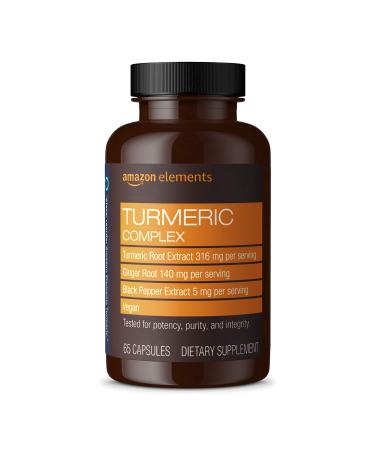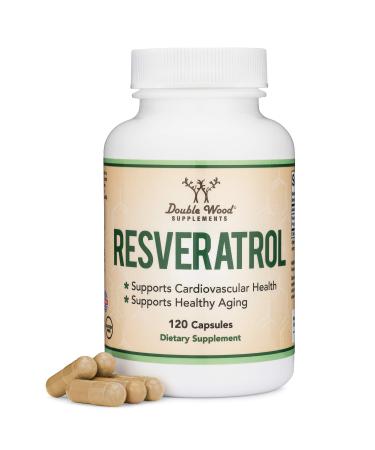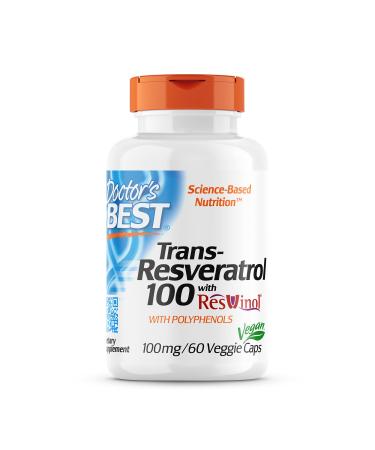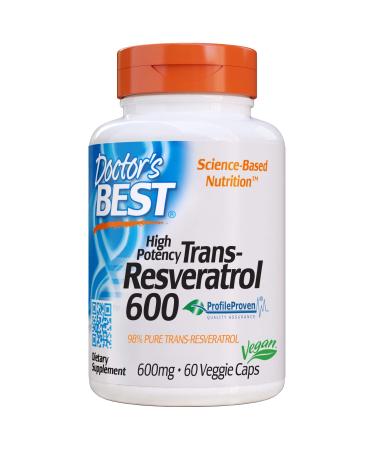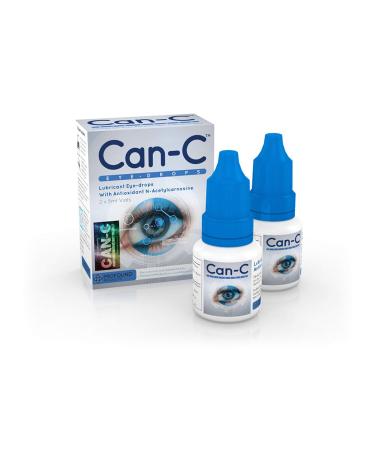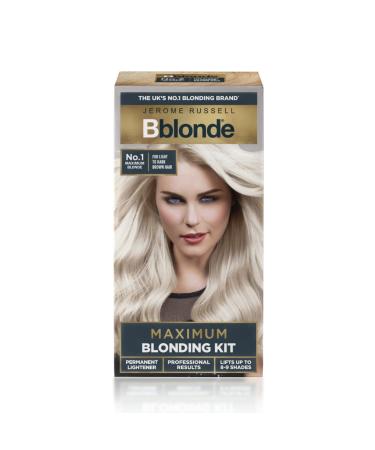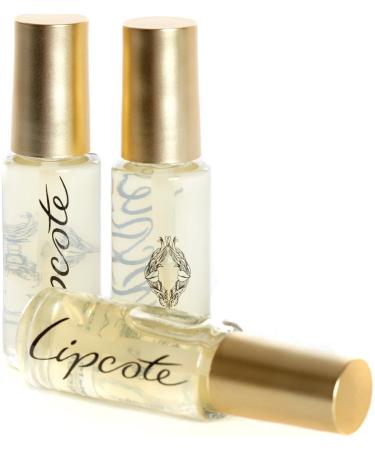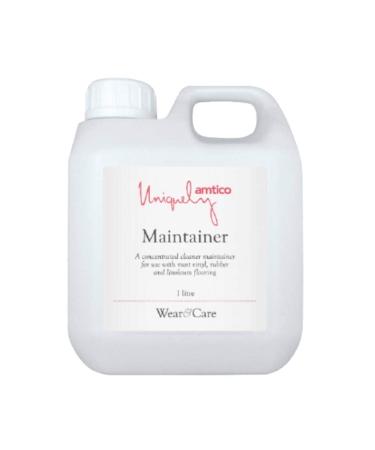Researchers found that healthy volunteers who ingested resveratrol and grape polyphenols before eating a high-fat, high-carbohydrate meal exhibited a reduction in oxidative stress.13 In cell cultures of lymphocytes from healthy human donors, resveratrol has been shown as defensive against ethanol-induced oxidative DNA damage.14 Preclinical research has identified resveratrol to induce SIRT1 gene expression, which is also influenced by caloric restriction, and believed to promote longevity.15-17
Promotes healthy cardiovascular function*
The French Paradox and research about it suggest that myriad red wine constituents, including the polyphenols and resveratrol, are likely responsible for the observed positive effect on cardiovascular health.18 One proposed mechanism of action for the vascular effects of red wine polyphenols are their ability to modulate nitric oxide (No), which is involved in healthy blood vessel function.
An early in vitro investigation into the cardiovascular effects of resveratrol found that it induced the production of the nitric oxide synthase (NOS), an enzyme responsible for the production of nitric oxide, a vital signaling molecule in the vascular system.19,20 In vitro studies have illustrated how red wine and its polyphenols can promote vasodilation (increasing blood flow) by stimulating production of nitric oxide, and can enhance the bioactivity of the No through antioxidant activity.21 Subsequent research revealed that physiologically relevant amounts of resveratrol can significantly enhance the production of No.22
During a preclinical investigation in to the effect of red grape polyphenols, researchers also found that a red wine polyphenol extract was able to inhibit cardiac voltage-gated sodium channels, a phenomenon that may further contribute to the beneficial effect seen with the consumption of red wine/grape extracts.23
In comparing the presence or absence of red wine on the effects of a high-fat (approximately 40% of calories from fat) Western diet on the function of blood vessel endothelium (the one cell thick layer that lines the blood vessel on the inside), researchers observed superior endothelial function in the presence of red wine.24 In a controlled, double-blinded trial investigating red wine and dealcoholized red wine versus the effect of cigarettes in 16 healthy non-smokers, smoking 1 cigarette increased oxidative stress in the participants, which in turn significantly impacted endothelial function.25 However, consumption of both regular and dealcoholized red wine was found to support healthy vessel function during smoking, leading the researchers to conclude that the polyphenols in red wine were responsible for the beneficial effects. In a subsequent trial by the same group, cardiovascular advantage seen with red wine consumption in smokers was attributed to the antioxidants in red wine.26
Supports healthy aging* - Oxidative stress has been one of the most widely accepted theories behind aging.5 It is generally accepted that managing oxidative stress can lead to longevity. Preclinical investigations have indicated that polyphenols found in grapes have a beneficial effect on neuronal and behavioral aging.27
Safety
The consumption of 375 mg of Biovin per day by healthy human volunteers for a period of four weeks demonstrated that the extract was well tolerated.3 Animal studies further support the safety of resveratrol.28
Scientific references - for more information please go to Doctor's Best website.



